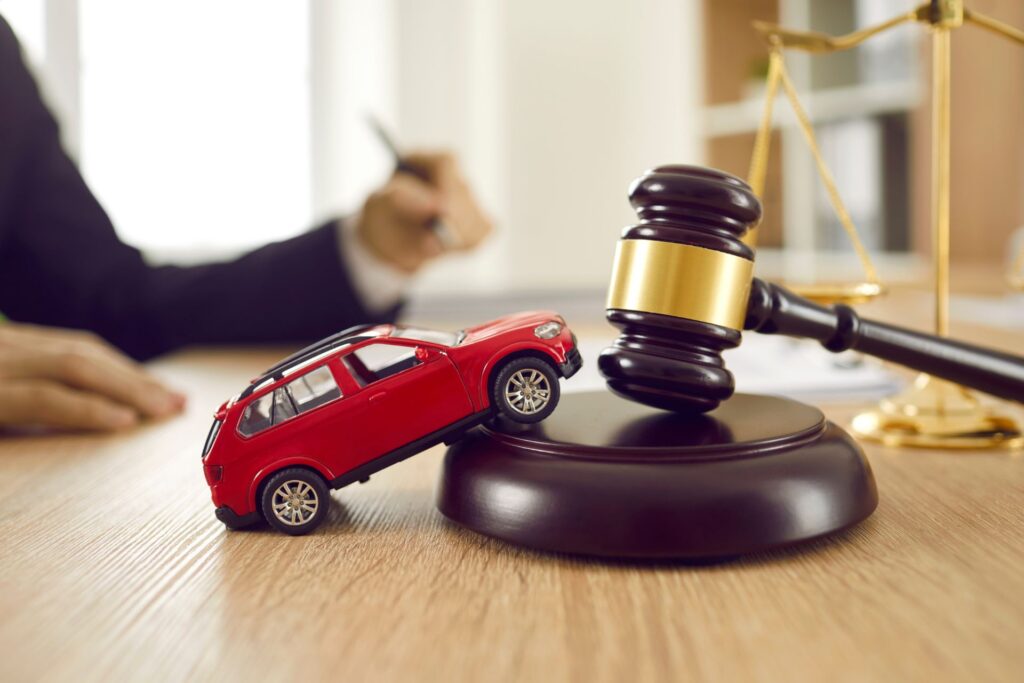Now Reading: 4 Factors that Give You a Criminal Case’s Best Outcome
-
01
4 Factors that Give You a Criminal Case’s Best Outcome
4 Factors that Give You a Criminal Case’s Best Outcome
Let us imagine for a moment that the legal system has charged you with a crime. You claim that you’re innocent. You say that this is a mistaken identity case, or perhaps that someone is accusing you for malicious reasons.
If this is so, you have to try to prove it in court. You have your chance to convince a jury that you did not do the crime of which the prosecution accuses you. This is one of our legal system’s basic tenets.
If you want to try to avoid a conviction, several factors will likely come into play. Let’s look at four of those right now.
A Good Defense Lawyer
You need a good defense lawyer if you want the best chance of a positive outcome in a criminal case. A lot might be on the line. If your defense lawyer loses the case for you, you might have to go to prison for many years.
A good defense lawyer:
- Knows how to cause doubt in the jury’s minds
- Knows how to use the evidence so that it does you the most good
The lawyer you choose has a lot to do with whether you win or lose the case. Regardless of whether you actually committed the act or not, you might face a conviction if you have an incompetent lawyer.
Because of this, you should pick your attorney carefully. You must get one that went to a credible law school and has plenty of prior trial experience. Also, as per https://cobblawfirm.com/
The Physical Evidence
If you’ve ever read a detective story or a John Grisham novel, you probably know that physical evidence also means a great deal when you’re trying to avoid a criminal conviction. Physical evidence might include:
- A weapon
- A clothing article
- Some other critical object
Both the defense lawyer and the prosecuting lawyer can enter physical objects into evidence if these objects help to prove their case. When you hire a criminal defense lawyer, locating material evidence that can exonerate you is part of what they have to do.
Because of this, you need to hire a lawyer who has experienced investigators on their payroll or knows how to engage them. These investigators might turn up the physical evidence you need that gets you off the hook.
Credible Witnesses
You also will want to locate witnesses that can help you prove you did not commit the crime of which you stand accused. For instance, if you’re facing a murder charge, you want witnesses who will swear, under oath, that you were somewhere else besides the murder scene at the time of death.
It’s the same for a robbery, an assault, or anything else the prosecution is trying to pin on you. The more credible witnesses you can produce to contradict the prosecution’s assertion, the better it is for you.
You should note, though, that only credible witnesses will help you. If someone like a close family member testifies on your behalf, the jury might not find them credible because they know this person cares about you, and they might lie or embellish if it will exonerate you.
It’s best if you can get witnesses that are not only credible but have no reason to lie. The jury will believe them more.
Expert Witnesses
You can also call witnesses that don’t have any direct trial bearing. In other words, they did not witness the events or have any direct crime connection. You call them because they are field experts, and what they say might help exonerate you.
For instance, if the police find blood at a murder scene, and they say that it’s yours, from a cut on your hand, perhaps, they might test your blood. If it’s O-negative, and the blood the police found is B-positive, you might call a hematology expert who can verify that the blood cannot be yours.
Your lawyer can often help you find these expert witnesses. They might even use them often for expert testimony in criminal cases. Such a witness might be the deciding factor that gets you a “not guilty” verdict.
If you have all these things on your side, you will probably have more than enough evidence that you didn’t commit the crime. You can get a not guilty verdict and return to your life, hopefully without any significant repercussions.








